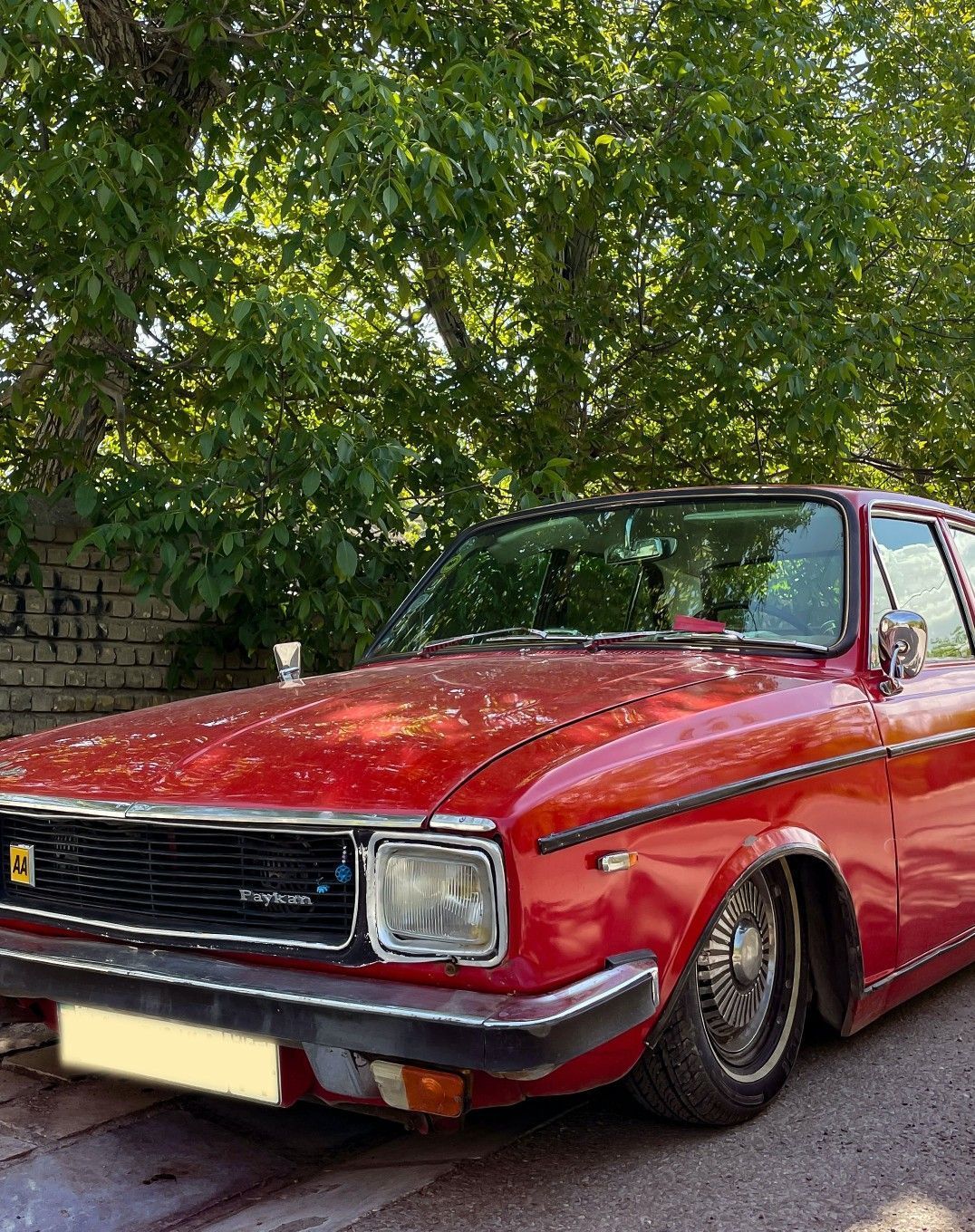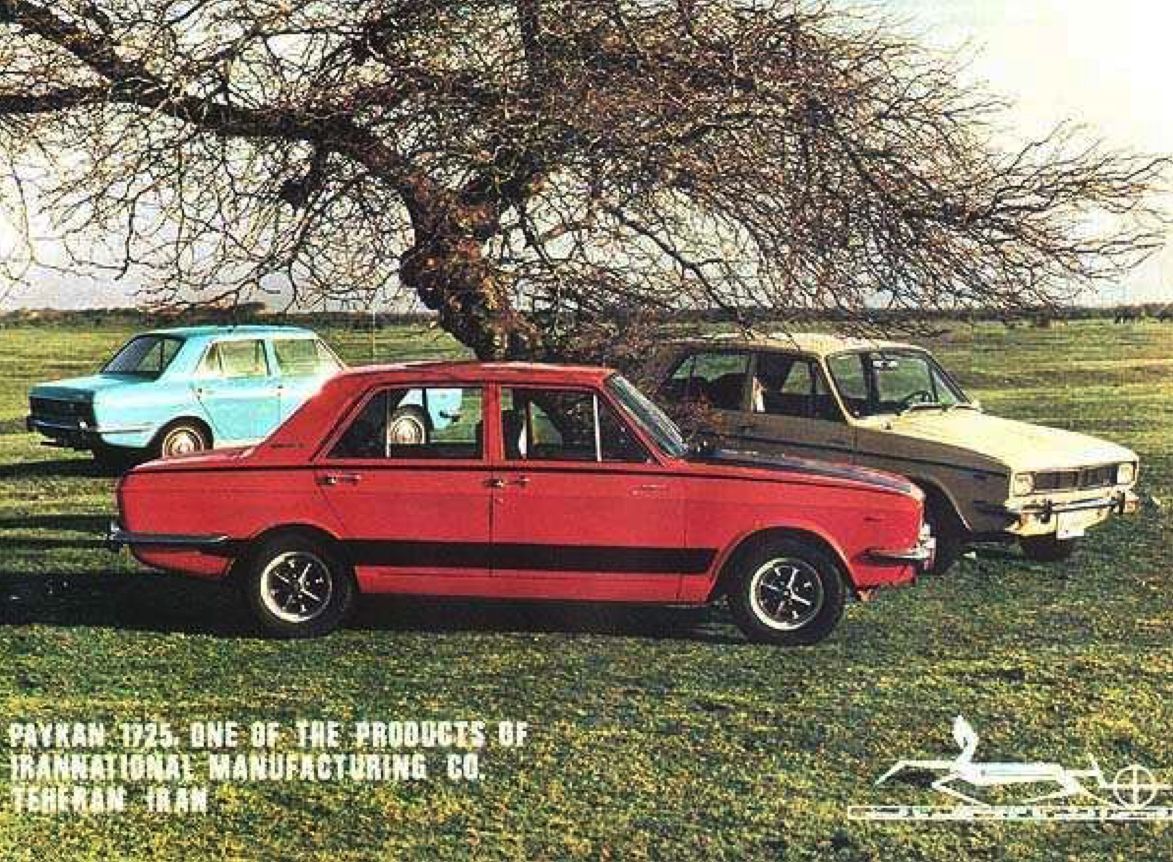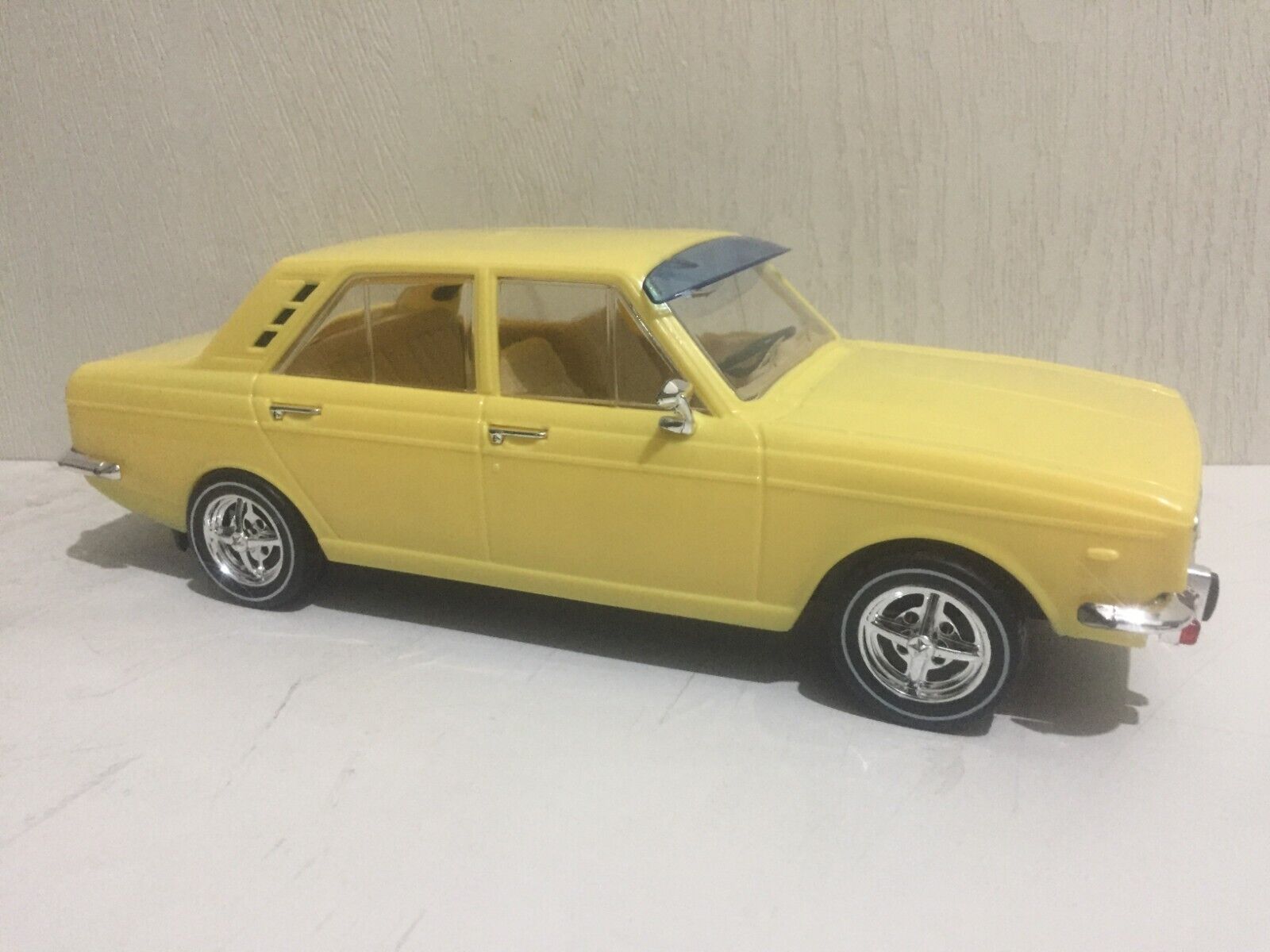Paykan Auto Sales - A Look Back
Table of Contents
- Paykan Auto Sales - What Made Them Special?
- Finding Your Paykan Auto Sales Deal
- How Did Paykan Auto Sales Change Things?
- The Enduring Appeal of Paykan Auto Sales
- Looking Back at Paykan Auto Sales - A Simple Car for Simple Needs
- Paykan Auto Sales and the Everyday Driver
- What Was It Like to Work in Paykan Auto Sales?
- The Paykan Auto Sales Legacy
Paykan Auto Sales - What Made Them Special?
What was it, really, that made Paykan auto sales stand out for so long? Well, you know, for a good many folks, it was the straightforward nature of the car. It wasn't trying to be overly fancy or complicated; it was just a car that did what a car was supposed to do. It got you from one place to another, often without a lot of fuss. People liked that it was pretty easy to get fixed if something went wrong, and the parts were, in a way, usually not too hard to find. This kind of practicality really meant a lot to people who just needed a reliable way to travel.
The fact that it was, for a lot of people, a car that didn't cost an arm and a leg also played a big part in its widespread acceptance. When you could get a car that was pretty good for everyday tasks without having to spend a huge amount of money, that makes a big difference for families and individuals. This affordability meant that Paykan auto sales reached a very broad group of people, making car ownership a real possibility for many who might not have been able to get a vehicle otherwise. It was, in some respects, a car for the masses, which is pretty significant.
Also, there's something to be said for a car that, almost, just keeps going. The Paykan had a reputation for being quite sturdy, a bit like a workhorse. It could handle different kinds of roads and different kinds of weather, which was a big plus for drivers in various places. This resilience, this ability to keep chugging along, was a key factor in why so many people kept buying them and why Paykan auto sales continued to be a thing for many years. It just seemed to have a knack for enduring, which is something people really value in a vehicle.
Finding Your Paykan Auto Sales Deal
Back when Paykan auto sales were common, finding one usually meant going to a local dealer or perhaps looking at what was available from private sellers. It wasn't like today with all the online listings and digital showrooms. You'd likely walk into a place, see the cars, and talk directly to someone about what you were looking for. This personal touch was, in a way, a big part of the buying process. People often built a bit of a relationship with the person selling them the car, which is quite different from how things often work now.
- %EA%B3%A8%EB%95%8C%EB%A6%AC%EB%8A%94 %EC%BB%A4%ED%94%8C
- Pizza Factory Susanville
- Amber Knights Escort
- Sparking Zero Box Art
- Maison Margiela Merkin
The experience of buying a Paykan, too, was often a bit simpler. There weren't as many options or as many bells and whistles to choose from. You picked your color, maybe a few basic features, and that was more or less it. This straightforward approach to Paykan auto sales probably made the decision-making process a little less overwhelming for buyers. It was about getting a dependable car, not about customizing every single detail, which honestly, could be a bit refreshing.
Sometimes, you might even hear about a good Paykan auto sales opportunity through word of mouth. Someone's friend or neighbor might be selling one, or a relative might know a good place to look. This informal network was, in some respects, a very common way for people to find their next car. It speaks to a time when communities were perhaps a little more connected, and personal recommendations carried a good deal of weight, which is a nice thought.
How Did Paykan Auto Sales Change Things?
How did the widespread availability of Paykan auto sales actually change daily life for people? Well, for one thing, it gave many families a new kind of freedom. Before, if you didn't have a car, your travel options were often limited to public transport or walking. But with a Paykan, families could go on trips, visit places further away, and simply have more control over their schedules. This newfound ability to move around more freely was, you know, a pretty big deal for a lot of folks. It really opened up possibilities.
It also, in a way, altered how people thought about distances. Places that seemed far away suddenly felt a lot closer when you could just hop in your car and drive there. This made it easier for people to work in different areas, or for relatives who lived a bit further apart to see each other more often. The impact of Paykan auto sales on how communities connected and how individuals experienced their surroundings was, arguably, quite significant, even if it was just a car.
Moreover, the presence of so many Paykan vehicles on the roads also led to other changes. You saw more repair shops popping up, more gas stations, and a general growth in services related to cars. This meant new jobs and new kinds of businesses, which, in some respects, contributed to the broader economy. So, the story of Paykan auto sales isn't just about cars; it's also about the ripple effect they had on the way people lived and worked, which is pretty interesting when you think about it.
The Enduring Appeal of Paykan Auto Sales
Even after production stopped, why did Paykan auto sales continue to hold a certain appeal for some people? A big part of it, you know, was likely the nostalgia factor. For many, a Paykan wasn't just a car; it was a reminder of their youth, of family trips, or of a simpler time. There's a strong emotional connection that people can have with objects that were a big part of their past, and the Paykan certainly fits that description for a lot of individuals. It's almost like a piece of living history for them.
Then there's the practical side. Even older Paykans were, in a way, still quite functional. They were relatively easy to maintain, and as mentioned before, spare parts were often still available or could be sourced. For those who needed a basic, no-frills vehicle for daily errands or light work, an older Paykan could still be a very sensible choice. This continued usability meant that Paykan auto sales, even of pre-owned models, had a certain longevity that perhaps wasn't expected.
And, in some respects, there's a certain charm to an older, less flashy car. In a world full of complex, high-tech vehicles, the simplicity of a Paykan can be quite appealing. It represents a different approach to personal transportation, one that focuses on getting the job done without all the extra features. This understated character, you know, is something that some people really appreciate, making even older Paykan auto sales a unique kind of transaction.
Looking Back at Paykan Auto Sales - A Simple Car for Simple Needs
When we look back at Paykan auto sales, it's clear that the car filled a very specific need for a very long time. It wasn't about speed or luxury; it was about getting from point A to point B reliably and affordably. This focus on basic, everyday transportation meant that the Paykan became, in a way, a staple for countless families and businesses. It just did what it was supposed to do, without much fuss or fanfare, which is a pretty good quality for a car.
The straightforward engineering of the Paykan also meant that it was, you know, relatively easy for local mechanics to work on. You didn't need specialized computer diagnostics or fancy tools for most repairs. This accessibility for maintenance meant that owning a Paykan was often less of a headache when something went wrong, which definitely contributed to its popularity and the ongoing success of Paykan auto sales. People felt they could keep it running without too much trouble.
And, in some respects, the Paykan represented a kind of common ground. So many people owned one that it became a shared experience, a topic of conversation, a familiar sight. This ubiquity, this sense of it being everywhere, gave it a unique place in the collective memory. The story of Paykan auto sales is, arguably, a story about a car that truly became a part of the fabric of daily life for a whole lot of people, which is quite something.
Paykan Auto Sales and the Everyday Driver
For the everyday driver, a Paykan was often their first car, or perhaps the family's only car. It was the vehicle that took them to school, to the market, or on those memorable weekend outings. This personal connection, you know, is what made Paykan auto sales so much more than just selling a product. It was about enabling life's everyday moments, big and small, for regular folks. It really was, for many, a kind of companion on their daily travels.
The feeling of getting into your own Paykan, of having that independence to go where you wanted, when you wanted, was a powerful one for many. It might seem simple now, but for a long time, car ownership was a big step for a lot of people, and the Paykan made that step much more achievable. So, the impact of Paykan auto sales on individual freedom and mobility was, in a way, pretty profound, allowing people to broaden their horizons.
And because there were so many of them, driving a Paykan meant you were part of a very large club. You'd see other Paykans on the road, and there was a kind of unspoken camaraderie among owners. This shared experience, this sense of belonging to a community of drivers, was, in some respects, another layer to the story of Paykan auto sales. It wasn't just about the car; it was about the shared journey, which is quite a nice thought.
What Was It Like to Work in Paykan Auto Sales?
What was it, then, like to actually be involved in Paykan auto sales, day in and day out? Well, for those working in dealerships or as private sellers, it was probably a very direct, person-to-person kind of business. You'd spend a lot of time talking with potential buyers, understanding their needs, and showing them the cars. This human element was, you know, likely very strong in the sales process. It wasn't just about transactions; it was about conversations.
The job might have involved a good deal of explaining the car's basic features and its practical advantages, rather than focusing on high-tech gadgets or performance figures. The pitch for Paykan auto sales was probably centered on reliability, cost-effectiveness, and ease of upkeep. This focus on straightforward benefits meant that the sales approach was, in a way, quite grounded and practical, matching the nature of the car itself.
And, in some respects, there might have been a sense of pride in helping people acquire a vehicle that would genuinely improve their daily lives. Knowing that you were providing something that was so useful and so widely appreciated could be quite rewarding. So, working in Paykan auto sales was, arguably, about more than just moving cars; it was about helping people get on the road and helping communities move forward, which is a pretty good feeling to have.
The Paykan Auto Sales Legacy
The legacy of Paykan auto sales is, you know, much more than just a memory of old cars. It's about how a vehicle can become intertwined with the daily lives and experiences of a whole generation. The Paykan, in its time, was a workhorse, a family car, a taxi, and so much more for countless individuals. Its story is a testament to simple, practical design meeting widespread need, which is a pretty powerful combination.
Even today, you might still spot a Paykan on the road, chugging along, doing its thing. These surviving vehicles are, in a way, living reminders of a particular era, and of the car's enduring robustness. They speak to a time when cars were built to last, to be repaired, and to serve their owners faithfully for many years. This continued presence, even if diminished, keeps the story of Paykan auto sales alive in the minds of many.
So, when we think about Paykan auto sales, we're really reflecting on a significant chapter in the history of personal transportation for many people. It's a story of a car that became a symbol of accessibility, reliability, and everyday life, leaving a lasting impression on the roads and in the memories of those who drove them. This article has looked at what made Paykan auto sales special, how finding one worked, how they changed things, their lasting appeal, their simple purpose, their connection to everyday drivers, and what it was like to be involved in their sale.

Paykan Wallpapers - Top Free Paykan Backgrounds - WallpaperAccess

Paykan Wallpapers - Top Free Paykan Backgrounds - WallpaperAccess

Paykan Wallpapers - Top Free Paykan Backgrounds - WallpaperAccess